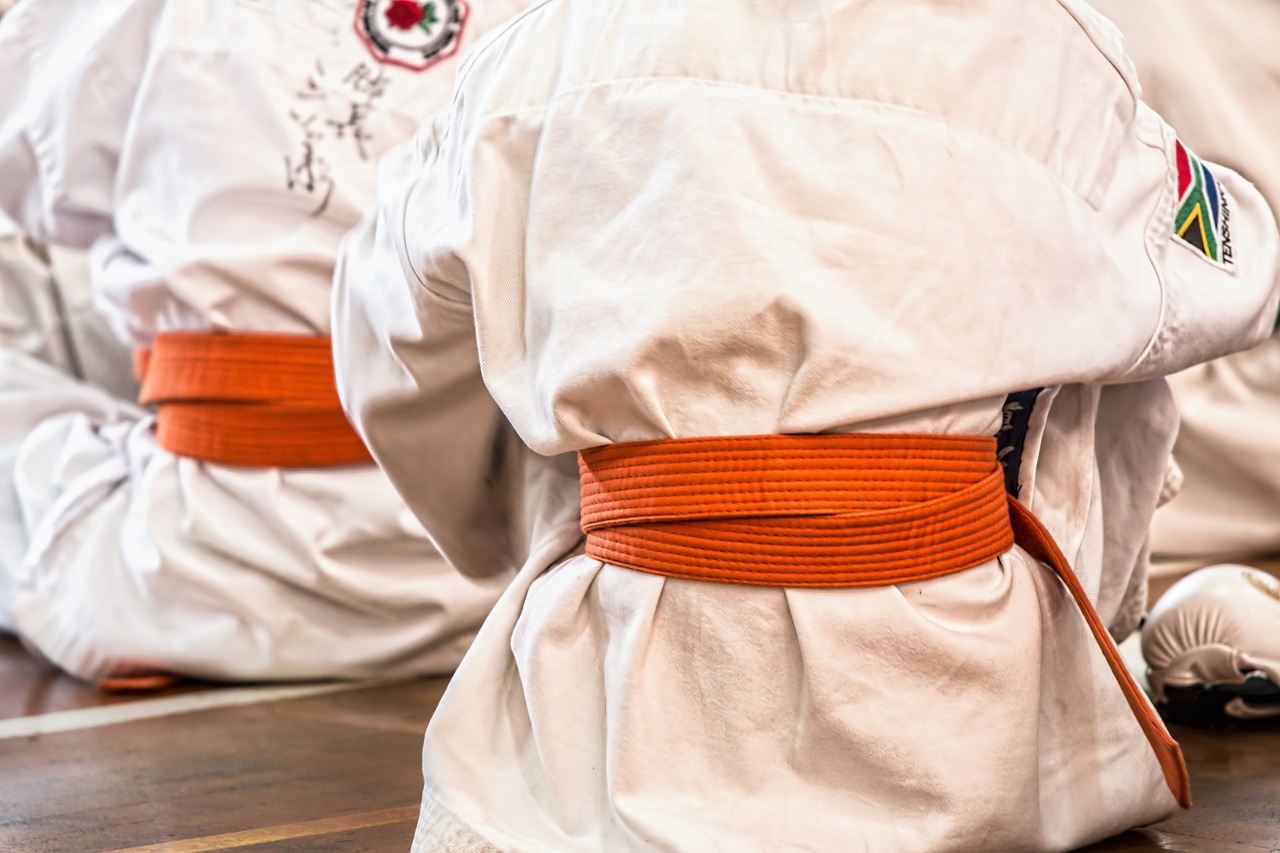In our fast-paced and demanding world, self-care routines have become essential for maintaining mental, emotional, and physical well-being. By carving out time for ourselves, we can effectively manage stress, enhance productivity, and foster a healthier lifestyle. But what constitutes an effective self-care routine? In this blog post, we will explore fundamental elements of self-care routines, backed by practical examples and actionable takeaways, to help you create a personalized plan that works for you.
The Importance of Self-Care
Understanding why self-care is vital lays the groundwork for developing an effective routine. Here’s what self-care can bring to your life:
Benefits of Self-Care
- Improved Mental Health: Regular self-care reduces symptoms of anxiety and depression.
- Enhanced Physical Health: Prioritizing physical activities and healthy eating leads to better overall health.
- Boosted Productivity: Taking breaks and caring for oneself helps recharge and increases focus.
- Increased Self-Awareness: Self-reflection during self-care enhances understanding of personal needs.
Statistics on Self-Care
Studies show that practicing a self-care routine can improve mental health significantly:
- According to a survey by the American Psychological Association, 37% of adults reported using self-care activities to cope with stress.
- A study published in the Journal of Happiness Studies found that individuals who regularly engage in self-care techniques feel 25% happier.
Building Your Self-Care Routine
A self-care routine varies based on individual preferences and needs. Here’s how to create one:
Step 1: Assess Your Needs
Before diving into a routine, take a moment to evaluate what areas require attention:
- Mental: Are you feeling overwhelmed or anxious?
- Emotional: Do you need to process any feelings or emotions?
- Physical: Are you getting enough exercise and sleep?
Step 2: Create a Balanced Plan
Balance is crucial. Consider incorporating the following categories into your routine:
- Physical: Exercise, nutrition, hydration, and sleep.
- Mental: Mindfulness practices, learning, and engaging in hobbies.
- Emotional: Journaling, therapy, or reconnecting with loved ones.
Practical Self-Care Ideas
Now that you have a framework, let’s explore specific self-care activities to include:
Physical Self-Care Activities
- Regular Exercise: Aim for at least 150 minutes of moderate exercise each week.
- Healthy Eating: Incorporate more fruits, vegetables, and whole grains into your meals.
- Sleep Hygiene: Establish a routine by going to bed and waking up at the same time daily.
Mental Self-Care Activities
- Mindfulness Meditation: Spend 5-10 minutes each day practicing mindfulness.
- Reading: Cultivate a reading habit, whether fiction or non-fiction.
- Puzzles or Games: Engage your mind with crosswords, Sudoku, or board games.
Incorporating Self-Care into Your Daily Life
To make self-care a consistent part of your life, consider these tips:
Set Boundaries
Creating boundaries allows you to prioritize self-care without feeling guilty. Here are some ways to do this:
- Say no to additional responsibilities when you’re already stretched.
- Schedule “me time” in your calendar, treating it as a non-negotiable appointment.
- Limit time spent on social media or other distractions that drain your energy.
Be Flexible
Self-care doesn’t have to be rigid. Remain adaptable to your needs:
- Experiment with different activities to find what truly rejuvenates you.
- If one method isn’t working, don’t hesitate to modify your routine.
- Incorporate spontaneous self-care moments, like a short walk or a mini meditation session.
Staying Accountable
Accountability can enhance your commitment to your self-care routine. Consider these strategies:
Daily Check-Ins
At the end of each day, reflect on how you practiced self-care:
- Did you engage in any physical activity?
- What mental or emotional practices did you incorporate?
- How did these activities make you feel?
Engage with a Support System
Include friends or family in your self-care journey:
- Share your goals and routines, encouraging mutual support.
- Participate in group activities, like taking a yoga class together.
Conclusion
Developing a self-care routine is an investment in your health and well-being. By assessing your needs, creating a balanced plan, and incorporating diverse activities, you can nurture your mental, emotional, and physical health effectively. Remember to stay flexible and accountable, ensuring you adapt your routine to fit your life circumstances. Embrace the power of self-care, and watch as it transforms not only your daily life but also your long-term happiness and resilience.






